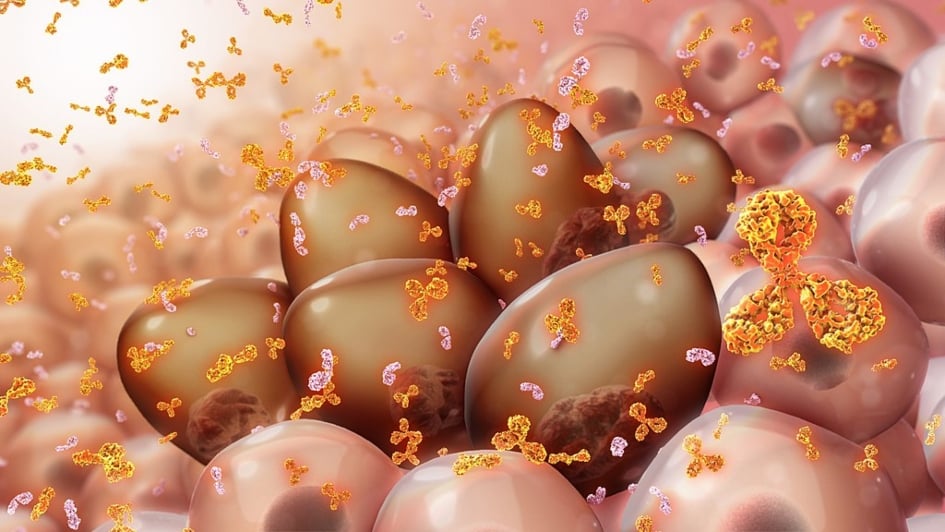Inspiring tomorrow’s leaders
We will empower our students and early-career researchers to become tomorrow’s leaders in cancer research and treatment by providing the best possible education, training and careers support.
The ICR is a world-leading higher education institution and plays a vital role in building the future cancer research community globally. We are a member institution of the University of London, with a strategic goal to educate and train the next generation of cancer researchers and clinicians.
Our education strategy 2022–27, Inspiring tomorrow’s leaders, sets out our future aspirations for education, training and support at the ICR – dovetailing with our goals for research, impact and organisational excellence as we work to defeat cancer.
We aim to offer our students the highest possible standard of education, informed by the very latest scientific approaches and technological advances. We are also committed to providing exceptional career support for postdoctoral scientists and clinicians. It is important to us that our students and early-career researchers continue to perform excellently once they have graduated from the ICR – going on to leading roles in cancer research, oncology and related professions all over the world.
Our plans for education are structured into three core goals, which are designed to further enhance the quality and range of learning and teaching at the ICR:
We will further develop and enhance the quality of the ICR’s research degree programmes and student support
The ICR offers an outstanding education for our research-degree students in how to become a top-quality cancer researcher. Over the course of this strategy, we will further enhance our internationally renowned programme of research degrees to attract and nurture the highest calibre of students. We need to successfully compete for new studentship funding to maintain and increase our student population. We must deliver exceptional support for students during research degrees, and in the transition to their next research role.
We will offer students a truly exceptional educational experience across the range of our research, and prepare them for new ways of doing science. We want our students to gain experience of cutting-edge science, technology and computing within a modern, multidisciplinary research environment, and to learn how to innovate by collaborating across research boundaries. We will seek new partners and funding sources, so we can recruit students across a wider range of disciplines who can play a vital role in an increasingly diverse cancer research community.
We will provide postgraduate taught degrees that support the rapid translation of scientific advances into benefits for cancer patients, and fuel the pipeline of highly skilled researchers working to defeat cancer.
Our postgraduate taught degree courses provide the clinical leaders of tomorrow with education in the scientific discoveries that underpin their work.
Over the course of this strategy, we will enhance the ICR’s taught degree programme to offer the best possible education to tomorrow’s clinical leaders and researchers. We aim to ensure clinicians continue to learn about the advances in science and technology underpinning the latest cancer treatments. We will integrate cutting-edge science into our teaching, including our understanding of cancer’s complexity, evolution and ecosystems, and the use of data science and artificial intelligence in diagnosis and the prediction of treatment outcomes.
We will support postdoctoral researchers and clinician scientists in having successful careers in science, medicine and industry – especially in making the key transition to becoming a research team leader.
Early-career scientists and clinicians are vital members of the ICR’s research teams and make many of our most exciting discoveries. We are committed to supporting our early-career researchers as they take the first steps to becoming research team leaders or moving into other career positions in science, medicine or education.
We will further enhance training for early-career researchers and support their transition to becoming world-class scientists and clinicians. Our focus will be in ensuring our postdoctoral researchers are equipped to meet future challenges and gain leadership roles in academia and industry. We recognise the benefit of diverse career pathways and will provide tailored support for the transition to the many varied roles involved in research and innovation.

